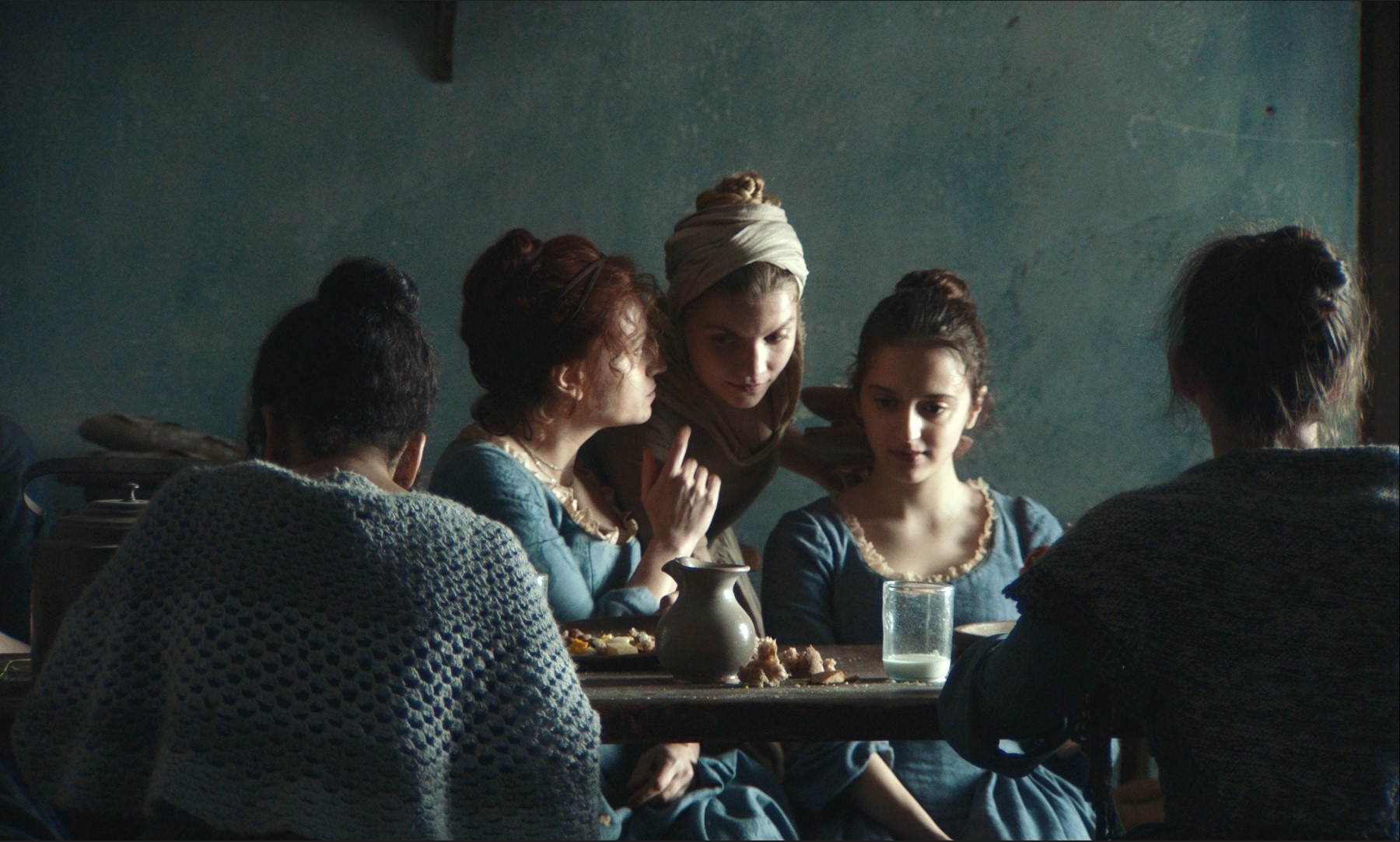With Gloria!, Margherita Vicario, an Italian singer-songwriter and actress, steps behind the camera for the first time, creating a film that delves deeply into history and society.
The film, shown in Australia during the ST ALi Italian Film Festival, which also saw Vicario travel to Australia to attend the opening night in Sydney and Melbourne, explores themes like feminism and the oppression of women in music.
It aims to shed light on the story of groups of talented orphaned musicians whose contributions to music have remained in the shadows.
The story of Gloria! is set during a period of transition for Italy’s religious and musical institutions.
These church-run establishments existed from the 15th century until their closure in 1807 by Napoleon’s decree.
There, orphans received a solid musical education, often becoming exceptional musicians, yet their names and achievements were largely erased from history.
A semi-autobiographical work, despite its historical setting.
Margherita Vicario describes Gloria! as a film that, although set centuries ago, feels almost autobiographical.
“It deals with a question I’m still asked today,” she explains, “which is, what do I think of women in music? As if we’re a special category.”
This question, highlighting the persistent gender gap in the music world, is a central theme of the film.
Vicario has personally faced challenges in a male-dominated industry and chose to explore these dynamics through the experiences of the five female leads.
Margherita Vicario and Teresa: An artistic reflection.
Among the five protagonists, Teresa is the character in whom Vicario sees herself most.
Like the director, Teresa discovered music without formal training, relying on self-teaching and imagination.
“I see myself in her relationship with children and in the power she attributes to music: a power to heal, entertain and enlighten,” she shares.
Vicario even acted as Teresa’s piano double, playing in place of the actress during piano scenes, making her connection to the character even more personal.
Music as a protagonist and the influence of singer-songwriting.
It’s impossible not to notice Vicario’s deep musical sensitivity in every frame of the film. In Gloria!, the music, composed by Vicario in collaboration with her producer, is central to the visual storytelling.
“You couldn’t make this film without the music being written first,” Vicario reveals during our interview, noting how the sound came before the image during production.
This choice led to scenes where characters’ movements seem choreographed to the rhythm, perfectly blending music and visuals.
The physicality of the music is also striking, with instruments feeling like extensions of the body. The hands of the girls playing become symbols of a deep connection between the artist and her craft.
“Instruments come alive through physical contact,” Vicario explains.
“The piano, for instance, isn’t just an instrument, but a character whose voice changes depending on who plays it.”
“For the girls,” she adds, “it’s a means of expression, but under Maestro Perlina’s hands, it becomes a tool of oppression.”

A scene from Gloria!
The piano: a symbol of freedom and revolution.
Despite being an incongruous choice for the time, the piano plays a powerful symbolic role in Gloria!
Vicario wanted it to represent liberation through art.
“Few people today use the piano to convey deep meanings,” the director says, but in the film, it becomes a “crowbar of revolution”.
The connection between music and freedom is central to the story. The girls of the institute find in music a way to express their deepest emotions, defying social norms and finding a voice in a world that wants them silent.
For them, the piano becomes a way to rewrite their destinies.
Direction: a new form of expression.
“Directing is very different from songwriting,” she explains.
“There’s no need for structure, no choruses. It’s a much freer process.”
While music remains a central part of her life and is her primary art, directing offers Vicario a new perspective, allowing her to explore visual storytelling with the same sensitivity she brings to her songs.
This sensitivity made Gloria! a powerful and introspective cinematic debut.












